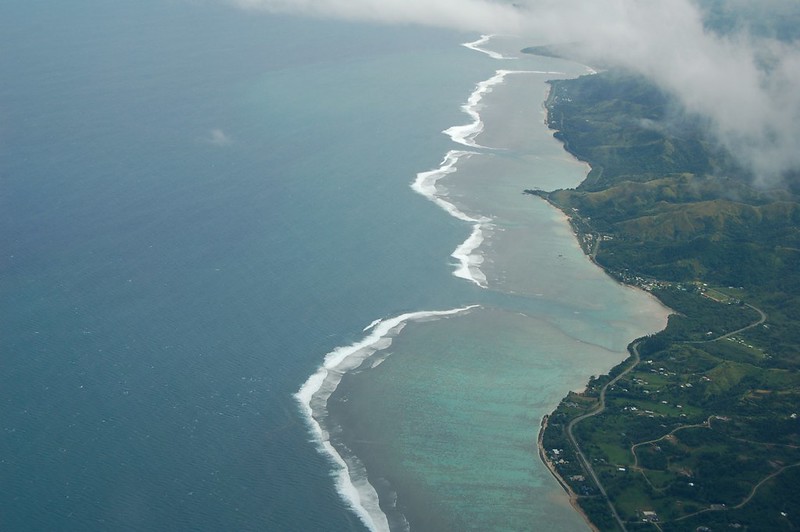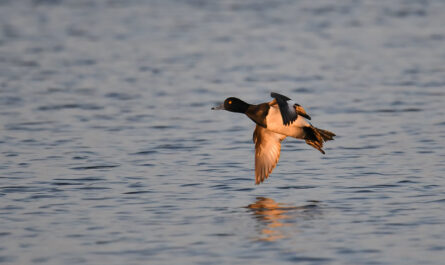The Coral Coast of Fiji, stretching along the southern shores of Viti Levu, is a gem in the Pacific. Renowned for its vibrant coral reefs, pristine beaches, lush hinterlands, and deep-rooted cultural traditions, this region is an exemplary destination for eco-tourism. It blends natural beauty with sustainability and offers travelers a chance to immerse themselves in nature while contributing positively to the environment and local communities.
This article explores the essence of eco-tourism on the Coral Coast, highlights the conservation initiatives that safeguard its treasures, and provides tips for travelers aiming to leave a positive footprint.
1. The Beauty of the Coral Coast: Nature’s Masterpiece
The Coral Coast gets its name from the extensive coral reefs that fringe its shores, creating serene lagoons, turquoise waters, and sandy beaches. Beyond the coastal charm, the inland areas are adorned with rolling hills, rainforests, and villages that reflect the heart of Fijian culture.
Marine Splendor
The Coral Coast’s coral reefs are among the most diverse ecosystems in the Pacific, teeming with marine life such as tropical fish, sea turtles, and manta rays. The reefs not only provide breathtaking views for snorkelers and divers but also serve as natural barriers that protect the coastline from erosion.
Tropical Landscapes
The hinterlands of the Coral Coast boast an array of tropical foliage, including coconut palms, mangroves, and vibrant flowering plants. The Sigatoka Sand Dunes National Park, one of Fiji’s premier eco-tourism destinations, is a testament to the region’s natural diversity, offering visitors a chance to explore ancient sand dunes and native forests.
2. The Role of Eco-Tourism: A Sustainable Approach
Eco-tourism is at the heart of the Coral Coast’s appeal, prioritizing the protection of natural resources while uplifting local communities. Here’s how the region has embraced sustainability:
Eco-Friendly Resorts
Many resorts on the Coral Coast integrate eco-friendly practices into their operations:
- Coral Reef Conservation: Resorts like Outrigger Fiji Beach Resort and The Warwick actively participate in coral planting and reef restoration projects.
- Renewable Energy: Solar panels and energy-efficient systems are commonplace in many accommodations.
- Waste Reduction: Single-use plastics are discouraged, and resorts focus on composting and recycling.
Community Collaboration
Eco-tourism initiatives in the region involve close collaboration with local villages, ensuring that tourism benefits are shared equitably. From village-run cultural tours to locally sourced products, the community plays an integral role in shaping sustainable travel experiences.
Protected Marine Areas
The Coral Coast includes designated marine protected areas that restrict fishing and promote reef recovery. These zones are essential for preserving biodiversity and ensuring the long-term health of marine ecosystems.
3. Experiences That Define Eco-Tourism on the Coral Coast
Snorkeling and Diving Adventures
The Coral Coast offers unparalleled snorkeling and diving opportunities, allowing visitors to explore the underwater world without damaging it. Key spots include:
- Beqa Lagoon: Known for its vibrant coral gardens and shark dives, this area is a favorite among experienced divers.
- Lagoon Snorkeling: Accessible directly from the shore, lagoon snorkeling is ideal for families and beginners.
Hiking the Sigatoka Sand Dunes
The Sigatoka Sand Dunes National Park is a must-visit for nature enthusiasts. Hike through rolling sand dunes, discover ancient archaeological sites, and enjoy sweeping views of the coastline.
Coral Planting Initiatives
Several eco-resorts and organizations offer coral planting programs, where visitors can actively participate in restoring the reefs. This hands-on experience connects travelers with the importance of marine conservation.
Village Visits and Cultural Tours
Immersing yourself in Fijian culture is an integral part of eco-tourism. Join village tours to learn about traditional crafts, taste authentic Fijian cuisine, and participate in kava ceremonies.
4. Challenges and Conservation Efforts
The Coral Coast faces environmental challenges that threaten its ecosystems, but ongoing conservation efforts aim to address these issues:
Coral Bleaching
Rising sea temperatures due to climate change have caused coral bleaching in many parts of the Pacific. Local initiatives focus on:
- Restoring damaged reefs through coral planting.
- Educating tourists on minimizing their impact on marine environments.
Pollution
Plastic pollution is a growing concern. The region combats this issue by promoting reusable alternatives and organizing community clean-up drives.
Over-Tourism
While tourism is vital for the local economy, over-tourism can strain resources and disrupt ecosystems. Eco-tourism advocates for sustainable practices such as limiting visitor numbers and prioritizing longer stays to reduce the environmental impact of frequent travel.
5. Top Eco-Friendly Accommodations
The Coral Coast boasts a range of resorts and lodges that prioritize sustainability. Here are some top picks:
Outrigger Fiji Beach Resort
Known for its reef conservation efforts, this resort also engages guests in coral planting activities and offers eco-friendly accommodations.
The Warwick Fiji
This luxury resort focuses on sustainable practices, including energy efficiency and community involvement.
Uprising Beach Resort
A smaller, locally owned resort that emphasizes sustainable living and cultural authenticity.
6. How to Travel Responsibly on the Coral Coast
As a visitor, you play a crucial role in promoting sustainable tourism. Here’s how you can make a positive impact:
- Choose Eco-Friendly Operators: Support businesses that prioritize sustainability and give back to the local community.
- Pack Light and Smart: Bring reef-safe sunscreen, reusable water bottles, and eco-friendly toiletries.
- Respect Local Customs: Learn about Fijian culture and engage with locals respectfully.
- Leave No Trace: Avoid littering and minimize your environmental footprint by sticking to designated paths and areas.
7. Nearby Attractions on the Coral Coast
Kula Eco Park
This wildlife park focuses on the conservation of native Fijian species, including crested iguanas and parrots. It’s an excellent spot for families and nature lovers.
Navua River
Experience an eco-friendly river rafting or canoeing adventure, surrounded by lush rainforests and cascading waterfalls.
Hot Springs
The Coral Coast’s hot springs offer a natural spa experience, allowing visitors to unwind in mineral-rich waters.
8. Why Choose the Coral Coast for Eco-Tourism?
The Coral Coast is a shining example of how tourism can coexist with environmental conservation and cultural preservation. Its eco-tourism model emphasizes balance—protecting its natural beauty while providing meaningful experiences for visitors.
Conclusion: A Destination Worth Preserving
The Coral Coast isn’t just a destination—it’s a call to action for travelers to embrace responsible tourism. By exploring its reefs, hiking its dunes, and immersing yourself in Fijian culture, you’re not only creating memories but also contributing to the preservation of this Pacific paradise.
Whether you’re planting coral, supporting local artisans, or simply marveling at the beauty of the Coral Coast, your journey here can be both transformative and impactful. Choose to travel sustainably, and you’ll leave the Coral Coast as a better traveler and global citizen.



